Revolution, n. In politics, an abrupt change in the form of misgovernment
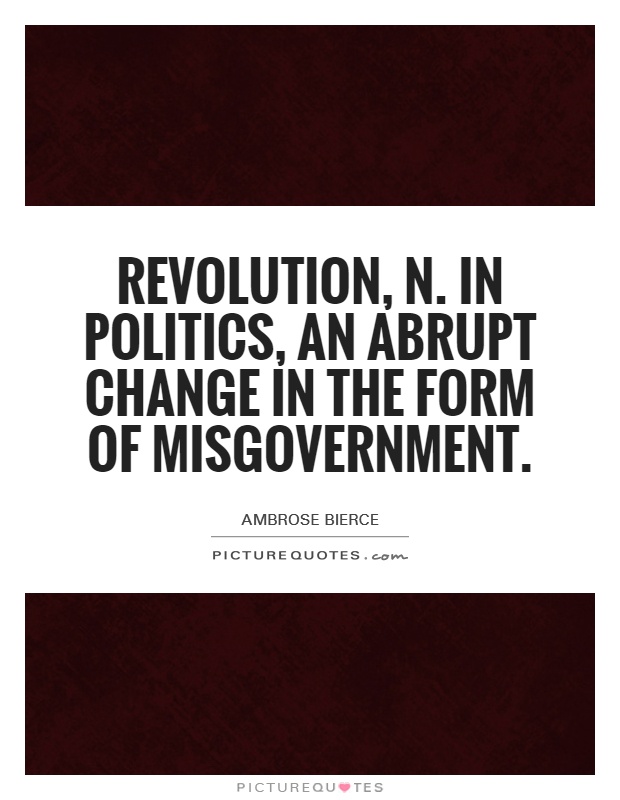
Revolution, n. In politics, an abrupt change in the form of misgovernment
Ambrose Bierce, a renowned American writer and satirist, is known for his sharp wit and biting commentary on politics and society. In his famous work, "The Devil's Dictionary," Bierce defines revolution as "an abrupt change in the form of misgovernment." This definition encapsulates Bierce's cynical view of political upheaval and the often futile nature of revolutions.Bierce's definition of revolution as a change in misgovernment highlights his belief that revolutions often fail to bring about meaningful change or improve the lives of the people they are meant to serve. Instead, revolutions can simply replace one form of corrupt or ineffective government with another, perpetuating the cycle of mismanagement and oppression.
Bierce's skepticism towards revolution is rooted in his own experiences as a soldier in the Civil War and his observations of the political landscape of his time. He witnessed firsthand the devastation and chaos that can result from armed conflict and the overthrow of established governments. Bierce's experiences shaped his belief that revolutions are often driven by self-interest and power struggles rather than a genuine desire to improve the lives of the people.

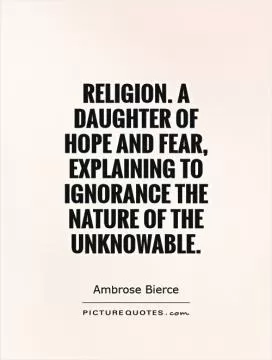
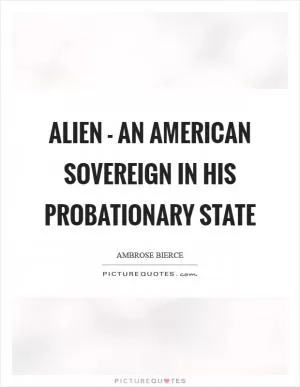
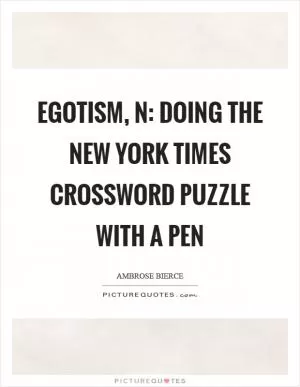




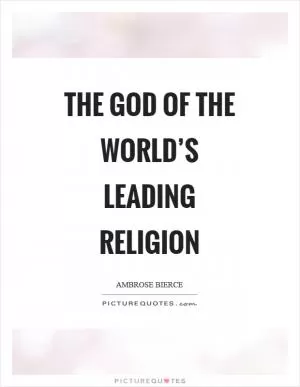
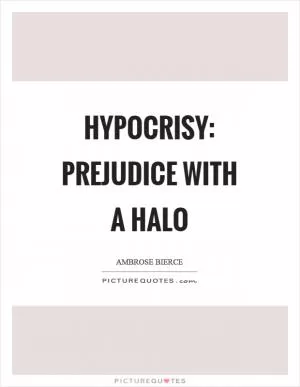
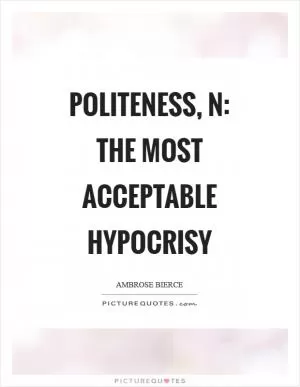
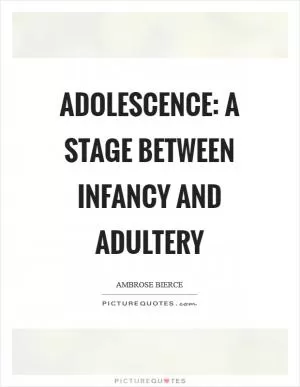
 Friendship Quotes
Friendship Quotes Love Quotes
Love Quotes Life Quotes
Life Quotes Funny Quotes
Funny Quotes Motivational Quotes
Motivational Quotes Inspirational Quotes
Inspirational Quotes